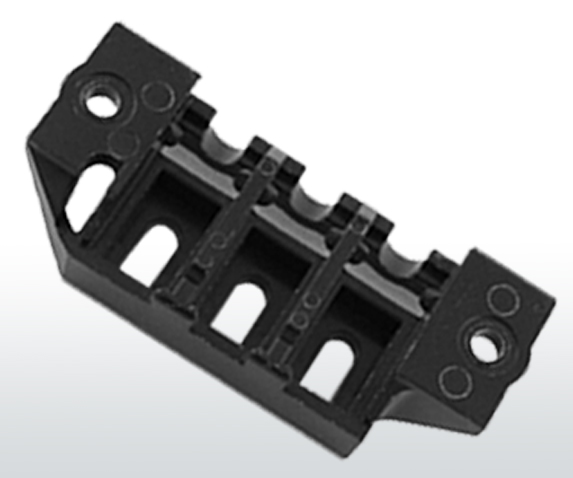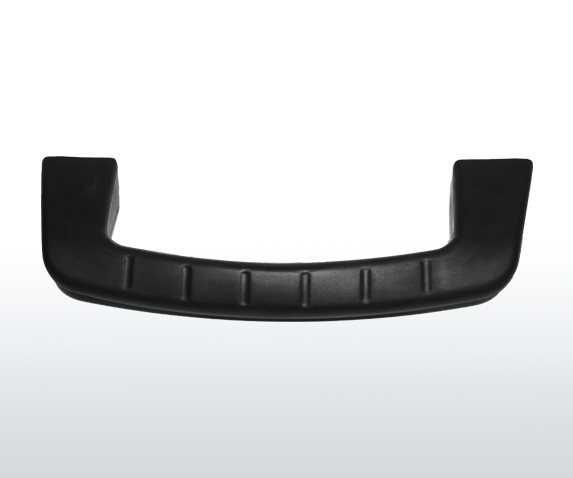Thermoset Molding in Consumer Appliance Applications
Molded thermosets are used for parts and components in many different industries and end-markets due to the versatile material property benefits of thermosets such as heat, chemical, and corrosion resistance, coupled with low costs to manufacture. One driver of thermoset molded components is the home appliance industry. Parts such as cookware bases, handles, knobs, and side plates may all be molded with a thermoset material to protect both the product from failure and ensure user safety at a competitive price point to mass produce. In applications requiring electric, thermosets can be used as insulators to protect internal components and wiring from electrical current and electrical arc or track. Aside from cost and material performance, thermosets may be molded with a high-quality surface finish to ensure parts meet all aesthetic requirements.
Material Benefits over Thermoplastics
Compared to most engineered thermoplastics, thermosets offer excellent heat, corrosion, and chemical resistance to protect internal components and product assemblies from aggressive application environments and use. Thermoset materials such as Phenolic and Bulk Molding Compound (BMC), which are unsaturated polyesters and vinyl esters, may offer temperature deflection up to 400-500F degrees and be certified to meet certain Underwriters Laboratory (UL) Flammability ratings including 5VA and V0 at determined material thicknesses.
Aside from temperature benefits, molded thermosets are resistant to corrosion, allowing parts to remain durable over its product lifecycle, even in outdoor elements or environments exposed to continuous water and moisture. Additionally, thermosets may be used for molded components used in consumer appliances that create steam, including dishwashers, washers/dryers, and oven ranges. In electrical applications, thermoset components may be implemented for use as an insulator to protect internal components and wiring from damage via electrical current, arc, or track. Selecting a thermoplastic molding material for such applications above may cause product failure and user safety concerns including a fire or electrical shock. Cost wise, when comparing similarly performing thermoplastics against thermosets cost wise, thermosets are commercially available at around $1-$4 per pound, where-as some aerospace thermoplastics with similar performance properties could be upwards of $50 per pound. This blend of material performance and low costs allow molded thermoset components to be mass produced for applications with high volume requirements.






Comments are closed